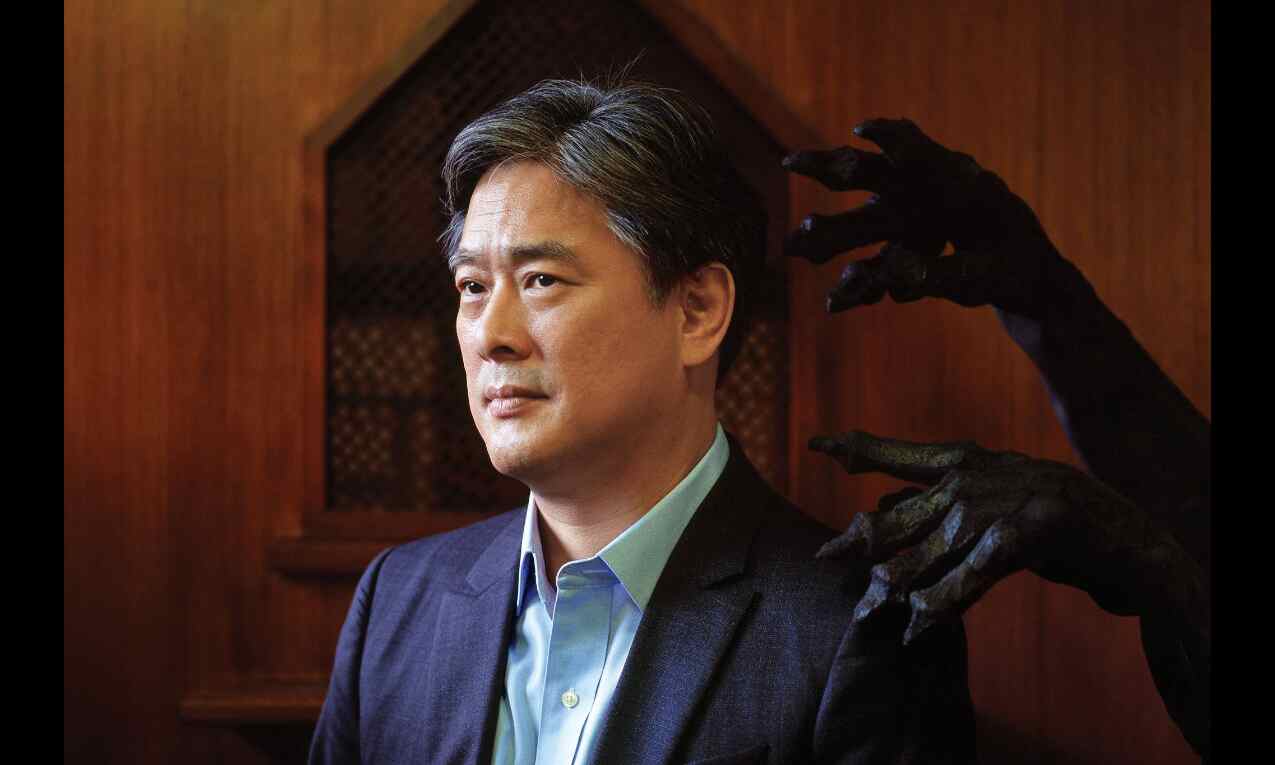'Old Boy' Park Chan-wook is back in Cannes race after six-year hiatus

Cannes: The internationally-feted South Korean director Park Chan-wook has his hat in the 2022 Cannes Competition ring with a film that, in many ways, marks a significant departure in style and substance from his previous work.
Park, whose 2004 Cannes Grand Prix winner "Old Boy" went a long way in opening the sluice gates for Korean filmmakers on the French Riviera and culminated in Bong Joon-ho's famous Palme d'Or win triumph with "Parasite", premiered his latest film, "Decision to Leave", here on Monday.
He does not accept that "Decision to Leave", which isn't as erotic as his 2016 competition title "The Handmaiden" nor as violent as "Old Boy", is all that different from the other films that make up his celebrated oeuvre.
"This question would not have arisen at all had this been a film by some other director," he says. "I met distributors from across the world here yesterday and some of them suggested that 'Decision to Leave' marks a new development in my career."
"I contradicted them. I certainly wanted to make a film for adults. But a film for adults does not necessarily mean an erotic or graphically violent film," asserts Park.
"Decision to Leave" has been enthusiastically received here. It is likely to continue to be in Palme d'Or reckoning as the 75th Cannes Film Festival begins to wind down and the Vincent Lindon-led jury sits down to pick the eventual winners. Park is, of course, no stranger to prizes in Cannes. His 2009 film "Thirst" won a Jury Prize here.
"Decision to Leave" focuses on a relationship that blossoms between a straight-laced and committed Busan detective (played by Park Hae-il) and a Chinese woman suspected of the murder of her Korean husband, who falls to his death from a mountain. The role of the Chinese woman is essayed by Tang Wei, the star of Ang Lee's "Lust, Caution".
The striking richness and depth of Park Chan-wook's visual palette are intact in his new film, which establishes the contrast between a mountain and a sea as a reflection of the differences that separate the policeman and the murder suspect.
"Yes, the mountain and the sea are omnipresent in the film," says the director. "Like the two characters at the heart of the story, they keep changing colours according to the weather," he explains. "That is how light works. Even a blue dress might appear green or turquoise as the light changes."
About his penchant for screen violence, of which there is only a sparing use in "Decision to Leave", Park says: "There are many directors who excel at filming the action on the big screen. So, I have always made it a point to stick to my own style the violence I put on the screen is often not pretty at all, but it is essential to the situation."
Asked if the shifting love story in "Decision to Leave" has any personal basis, Park is quick to point out that he isn't the sort of filmmaker who turns to his own life for inspiration.
"I do not make films to reflect my life," he says. "I really do not know how much of my personality and thoughts have crept into 'Decision to Leave', but I agree that it is when people are in love that they are best able to reveal their inner selves."
Park points out that some journalists in Cannes have mentioned Alfred Hitchcock's "Vertigo" as similar to "Decision to Leave".
"I would like to tell them that I did not have Hitchcock's film, or any other film, in mind when 'Decision to Leave' was being written," he says.



